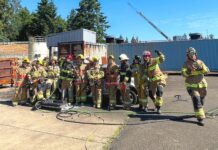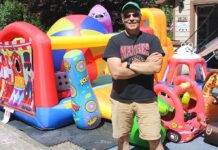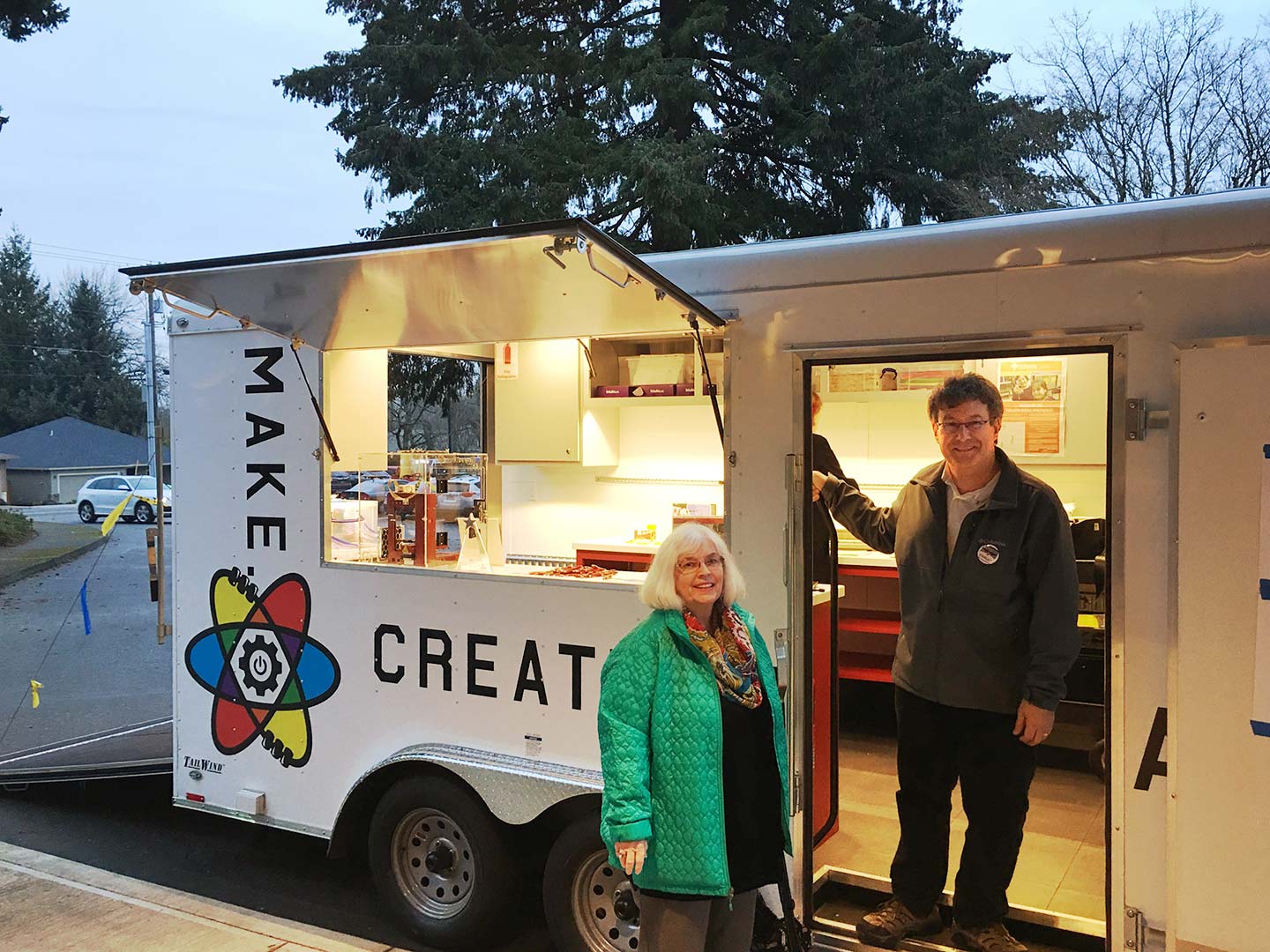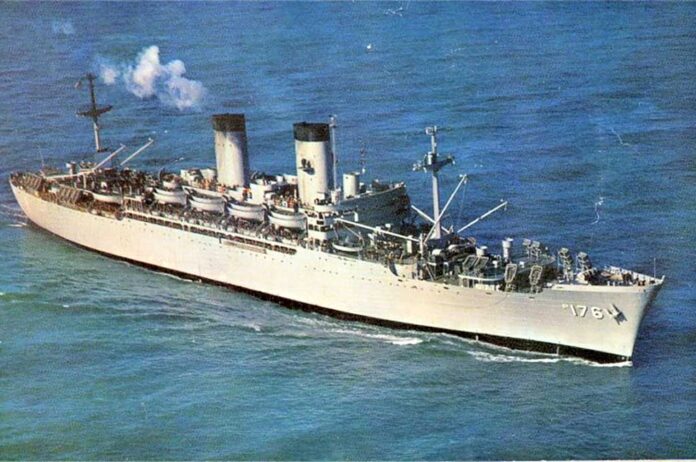
FIRST IN A SERIES – David Dehart had no idea that joining the Army would result in an exciting 20-year career that would ultimately involve doing counter-intelligence work around the world. He was attending Benson High School in Portland when the Korean War broke out. Because his father had served in the Navy in WWII, that’s what David wanted to do. As soon as he was 17 his mother agreed to sign for him. He went to the recruiting office in downtown Portland to join the Navy. The recruiter told him to come back after he finished high school. That shattered David’s lifelong dream! But as he was walking down the hall, a soldier came out of an office, a paratrooper with a chest full of decorations (army medals). He said “Son, if the Navy don’t want ya, ever think about being a paratrooper?” Two weeks later, David on was on his way to the 11th Airborne Division at Fort Campbell, Kentucky for basic training as paratrooper.
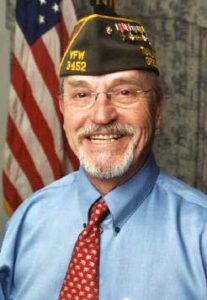
David is well known in Tualatin. After retiring from the Army, he worked in the insurance field for 32 years, the last 20 for Miller Insurance in Tualatin. He also was active in the Tualatin VFW Post, holding several offices. Dave first trained to be an infantryman before starting jump school. He was in the last week of paratrooper training when he tore up an ankle. He didn’t get his wings because he was immediately put in the ‘pipeline’ to Korea. It was the end of the war but there still were North Koreans in the Southeastern part that didn’t know the war was over. David spent a year driving a deuce and a half truck for prisoner exchanges. Then when promoted to Corporal, six months as a supply sergeant.
David had endured several miserable ocean trips in troop transport ships. 1500 soldiers were literally stuffed in the bottom part of the ship (David likened it to being slaves in the hold of the ship). They often encountered rough seas which brought sea sickness and vomiting. There was nowhere to go so everyone had to endure it. Their food was GI rations. All and all, not a good experience. So, when he checked aboard the ship returning him stateside from Korea, he said “I’m here to sign up for crew staff.” That put him working mid-ship, sleeping in regular bunks with regular food. When asked what he did, he said he was a clerk-typist. The only problem was that he couldn’t type! He soon learned, using four fingers of his left hand and one finger on the right hand.
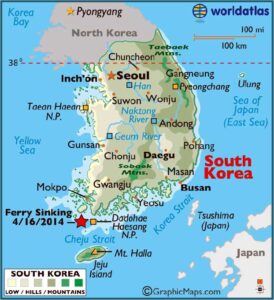
His stateside job was the chauffeur for 18 months for the 47th Artillery Brigade Commanding General in San Pedro, near Los Angeles where he saw celebrities like Bob Hope. When his boss in San Pedro was reassigned, the general said, “You tell me what you want to do and I will see if I can arrange it.” That was another turning point in David’s life. Language School in Monterey was his preference, thinking he would be assigned to a friendly country and on his way to a 20-year career. When David took the Language Aptitude Test, he found he had an affinity for which he wasn’t aware. He had his choice of two total immersion one-year courses, Russian or Turkish. With the cold war underway, David figured Russian would put him somewhere on the border in a listening post. He didn’t even know there was a country named Turkey but that had to be better duty! When completed, he and his five other classmates were qualified as UN interpreter translators. His first assignment was in Izmir, Turkey, as the interpreter for the three-star general who was the Commander of the Allied Forces Southeastern Europe.
This language specialty led to another turning point in his life. One day he was given a set of orders and tickets to fly to Naples, Italy to be interviewed. Naples houses headquarters for Allied Forces Southern Command. The trip put him two days in Athens and then an overnighter in Rome. He asked what he was going to be interviewed for? He was told, “I assume it’s got something to do with being a spook of some sort.” Military Intelligence personnel are nicknamed “Spooks”. David, wondering if he was being considered for Army intelligence became paranoid, thinking perhaps he was going to be followed to find out his moral character; so, he spent his time visiting museums and churches. Later he learned that someone had arranged his schedule as a favor to give him a mini-vacation. He was accepted into the Military Intelligence Corps in 1962.
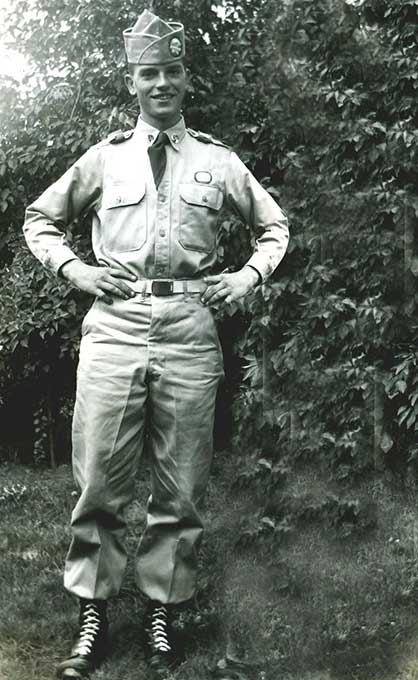
David, age 17, looking sharp in his uniform while home on leave after completing basic training. 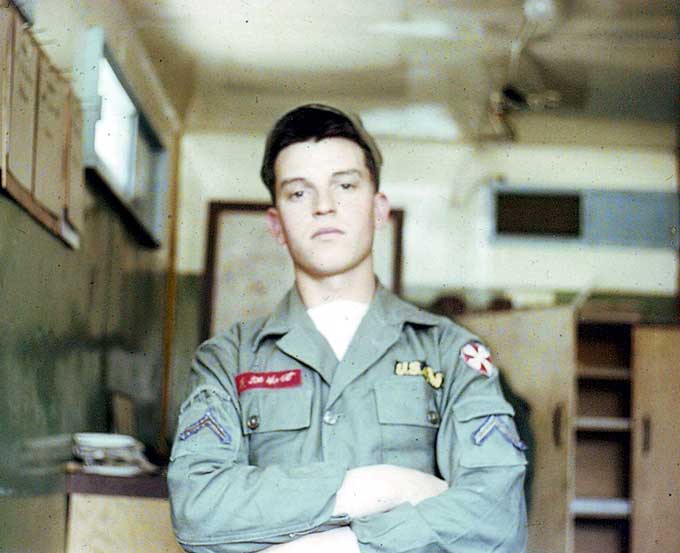
At age 18, David was driving trucks in war torn Korea while many of friends back home were seniors in high school. 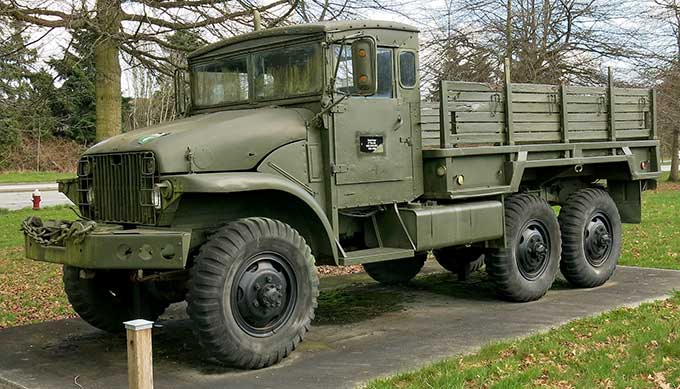
In Korea, David drove a deuce and a half (2 and a half ton GMC Army truck) for a year transferring prisoners.

